Advisory Board
The Advisory Board for ON-MERRIT is a valued group of high-level external stakeholders with a demonstrated record/interest in RRI and Open Science, including independent experts as well as representatives of key organisations. The board advises the project in strategic matters and provides advice for the high-level dissemination and outreach strategy of the project. The Advisory Board will also be essential for the verification and finalisation of the project’s core results and recommendations.
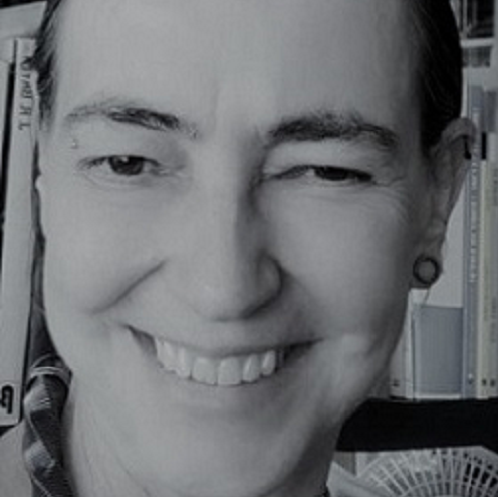
Bianca Amaro
LA Referencia
Bianca Amaro holds a PhD in Applied Linguistics and graduated in Library Science, Law and Letters. She is the President of the Network of Open Access Repositories for Science (LA Referencia) and a member of the Executive Board of the Confederation of Open Access Repositories (COAR). Bianca also coordinates the Brazilian Open Science Program at the Brazilian Institute of Information in Science and Technology.
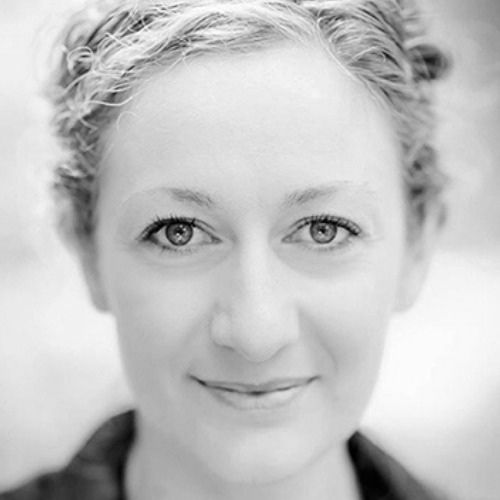
Cassidy Sugimoto
Georgia Institute of Technology
Cassidy Sugimoto is Professor and Tom and Marie Patton School Chair in the School of Public Policy at Georgia Institute of Technology. Her research expertise is broadly situated in the domains of science policy, scholarly communication, and scientometrics. Simply speaking, she investigates the ways in which knowledge is produced, disseminated, and rewarded, with a particular interest in issues of diversity and inclusion. She is currently serving a rotation with the National Science Foundation as the Program Director for the Science of Science and Innovation Policy (SciSIP) program and serving as President of the International Society for Scientometrics and Informetrics.
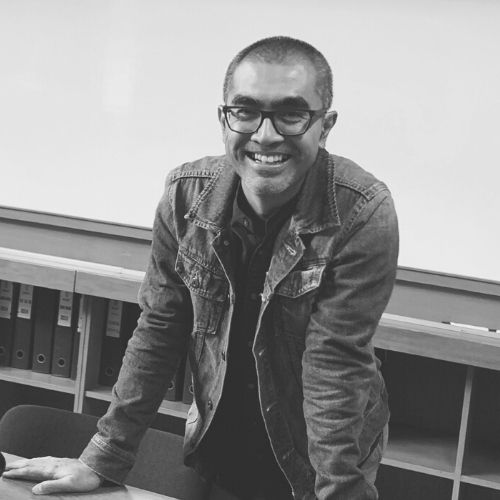
Dasapta Erwin Irawan
InstitutTeknologi Bandung
Dr. Dasapta Erwin Irawan is a hydrogeologist. Since 2013, he has actively promoted open science practices to research ecosystem in Indonesia. In August 2017, he led a team to setup an OSF hosted preprint server called INArxiv, which then rebranded in May 2020 as RINarxiv, hosted by the Indonesia Science Institute.
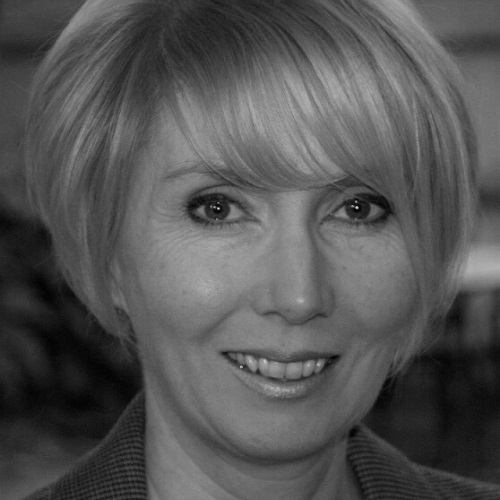
Elizabeth Gadd
University of Glasgow
Elizabeth Gadd is Head of Research Operations at University of Glasgow, UK. She is the founding chair of the Lis-Bibliometrics Forum which is responsible for The Bibliomagician blog. She co-Champions the ARMA Research Evaluation Special Interest Group. She also chairs the INORMS International Research Evaluation Working Group and was the recipient of the 2020 INORMS Award for Research Management Leadership. Elizabeth regularly writes, speaks, tweets and blogs about open research, copyright ownership and responsible research evaluation.
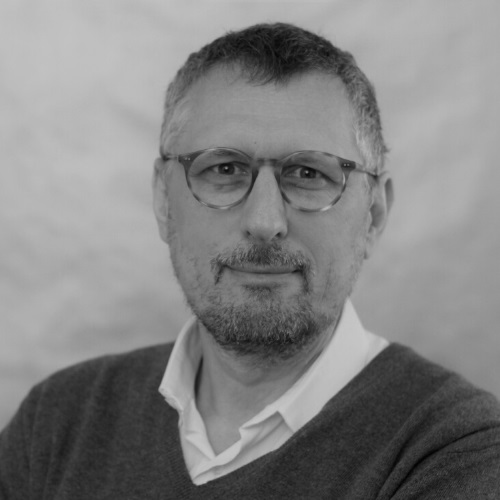
Erich Grießler
Institute for Advanced Studies Vienna
Dr. Erich Grießler, head of the research group “Techno-Science & Societal Transformation” (TSST), studied history and sociology and received his Ph.D. in philosophy at the University of Vienna. He has been senior researcher at the IHS since 1999. His research covers STS, sociology of biomedicine, ELSA of biotechnology, citizen engagement and participation in research and innovation (R&I) policy, political regulation of biotechnology, political sociology, and RRI. He and his group currently co-ordinate the H2020 project NewHoRRIzon and have been or are involved in many RRI projects funded by the European Commission.
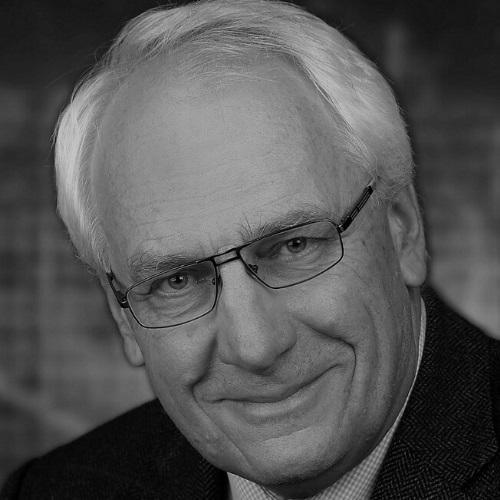
Kurt Zatloukal
Medical University of Graz
Kurt Zatloukal, M.D. is professor of pathology at the Medical University of Graz, Austria and head of the Diagnostic and Research Center for Molecular BioMedicine. His research focuses on molecular pathology of diseases as well as digital pathology, biobanking and related data management technologies. He coordinated the preparatory phase of the European biobanking and biomolecular research infrastructure (BBMRI-ERIC) and is director of the Austrian national node BBMRI.at. He is Member of the Academia Europaea, corresponding member of the Austrian Academy of Sciences, and has published over 258 scientific papers and was co-inventor of 25 patent applications.
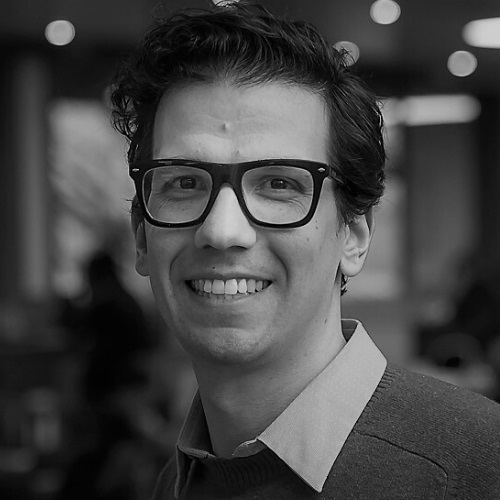
Juan Pablo Alperin
Simon Fraser University
Juan Pablo Alperin is an Assistant Professor at the School of Publishing at Simon Fraser University, the Associate Director of Research for the Public Knowledge Project, and the co-director of the Scholarly Communications Lab. He is a multi-disciplinary scholar, with training in computer science, geography, and education, whose research focuses on the public's use of research. He has contributed a combination of conceptual, methodological, and empirical peer-reviewed articles and presentations in academic journals, conferences, and industry events.
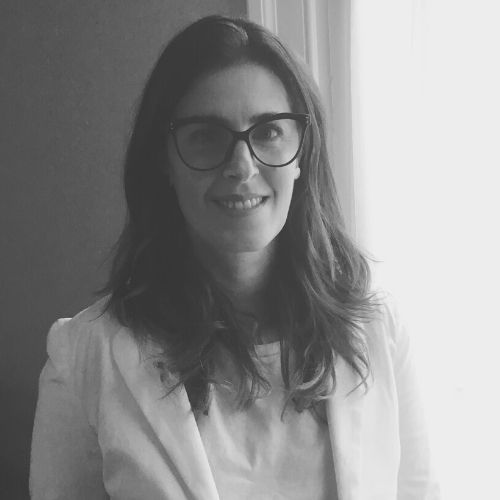
Laura Rovelli
CLACSO
Laura Rovelli is a political scientist and has a PhD in Social Science. She coordinates the Latin American Forum for Research Assessment (FOLEC) from the Latin American Council of Social Sciences (CLACSO) and is a member from the Advisory Board of DORA. She is an adjunct researcher and professor at the National Scientific and Technical Research Council (CONICET) and La Plata National University (UNLP), respectively in Argentina. At present, is coordinating at FOLEC a research project funded by the IDRC on research assessment grounded and progressive methodologies in research funding initiatives from the Global South.
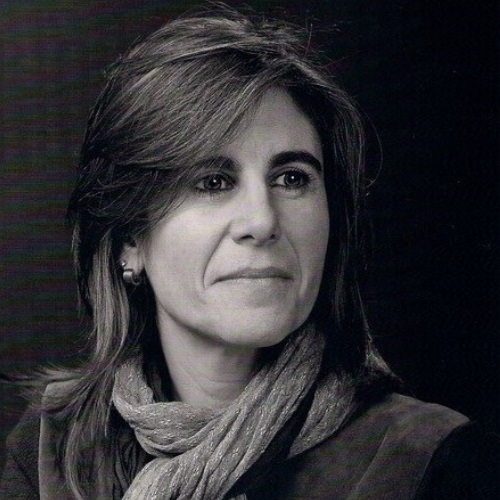
Maria Fernanda Rollo
NOVA University Lisbon
Maria Fernanda Rollo is a Historian. PhD and Aggregate in Contemporary History. Full professor at the History Department of the Faculty of Social Sciences and Humanities NOVA University of Lisbon. Coordinator of the PhD programme in History and of the post-graduation course Management and Policy in Science and Technology.
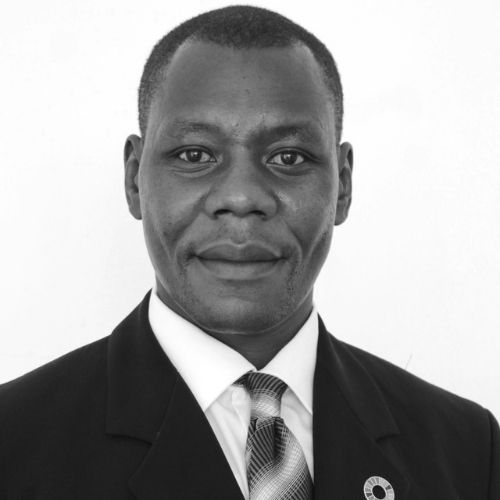
Philip Osano
SEI Africa
Philip Osano is Director of Stockholm Environment Institute Africa Center, and also serves as the Vice Chair of the Advisory Board of the United Nations University – Institute for the Advanced Study of Sustainability (UNU-IAS) in Japan. His interest is in environmental policy, development, and international affairs. Philip has 20 years of experience in applied research, project coordination, policy analysis, and teaching and has worked in countries in Africa and Asia, as well as Canada and the United States.
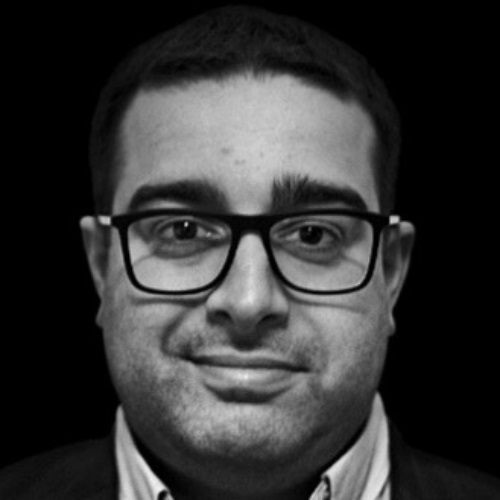
Simão Soares
SilicoLife
Simão Soares is CEO and co-founder of SilicoLife, a company combining AI and biology for the design of cell factories and novel pathways for the sustainable production of chemicals. MSc Bioinformatics (UMinho), postgraduate in management from NOVA School of Business and Economics and trained in Blue Ocean Strategy at INSEAD. He is also President of P-BIO, Portuguese Bioindustry Association, Global Shaper Alumni, an initiative of the World Economic Forum, and Climate Reality Leader.
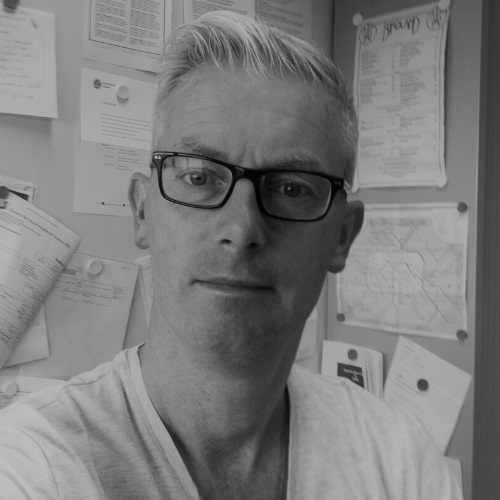
Thed van Leeuwen
CWTS
Thed van Leeuwen is a senior researcher at CWTS and co-leading the research theme on open scholarship. Thed's research focuses on the various aspects of open scholarship, as well as on the research assessment of scholarly activity in the social sciences, the humanities, and law. He is co-editor of the OUP journal Research Evaluation, as well as the chair of ENID, the European Network of Indicator Designers.